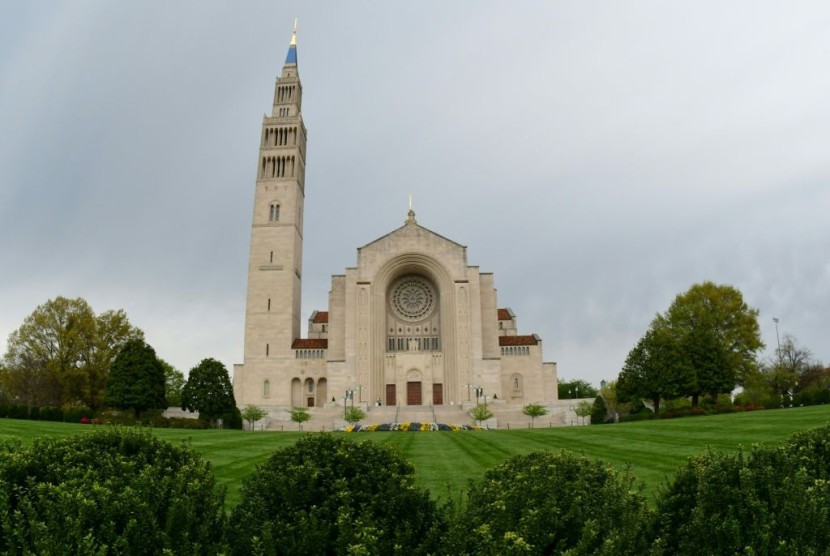Many Americans adhering to a certain religion have noticed they were being less accepted by society in previous years.
In its 2023 Religious Freedom Index, the Becket Fund for Religious Liberty said that the greatest change in perceived feelings of acceptance could be seen among Christians. On the other hand, religious non-Christians report a significantly lower level of perceived acceptance.
The group further said that half of the people of faith in the US felt that their faith was "completely" accepted or accepted by "a good amount."
Growing Animosity Towards Religion
The figures were provided by the group, which tracks American public opinion on First Amendment rights, to the National Catholic Register prior to publication on Tuesday (January 16).
Becket added that the new figures meant a 5% decline in religious Americans' feelings of acceptance from its 2022 findings.
Overall, only 21% of all people of faith in the US said that they felt that their faith was "completely" accepted, while 16% said that they felt that their faith was only accepted "a small amount" or "not at all."
"[T]he decline in feelings of acceptance among religious Americans should motivate us to continue working to defend faith in the public square," Becket vice president and senior counsel Lori Windham said. "When religious people and institutions are free to exercise their beliefs in society, it makes for a more welcoming culture."
The survey was released as multiple incidents of vandalism and damage to places of worship and even residences of prominent believers were prominent since the overturning of Roe v. Wade.

Focusing on Faith among Women, Catholics
Windham also noticed that Becket's study found that young women of faith between the ages of 18 and 24 were most likely to report only feeling moderate or low acceptance in society.
Also notable was that 56% of the Catholics participating in the survey were most likely to feel that their faith was either "completely" accepted or done so to "a good amount."
The decline in overall feelings of acceptance came mostly from non-Catholic Christians, with 54% of whom said they felt either completely accepted or accepted a good amount, which was down from 59% in 2022.
Meanwhile, the US Conference of Catholic Bishops (USCCB) released a separate report on the matter, saying that its Committee for Religious Liberty was founded to address and respond to "increasing legal threats to the free exercise of religion."
"There is no greater threat to religious liberty than for one's house of worship to become a place of danger, and the country sadly finds itself in a place where that danger is real," the bishops' conference said in its latest report.
Fort Wayne-South Bend Bishop Kevin Rhoades, who heads the USCCB's Committee for Religious Liberty, told EWTN that its report this year outlines the major issues occupying the committee over the past year.
"It reveals a wide range of concerns, such as federal agencies misusing laws meant to aid pregnant women in order to promote abortion, threats to the safety of our Jewish and Muslim neighbors, and the FBI's suspicion of Catholics who worship in the Traditional Latin Mass," Rhoades said.
© 2026 HNGN, All rights reserved. Do not reproduce without permission.








